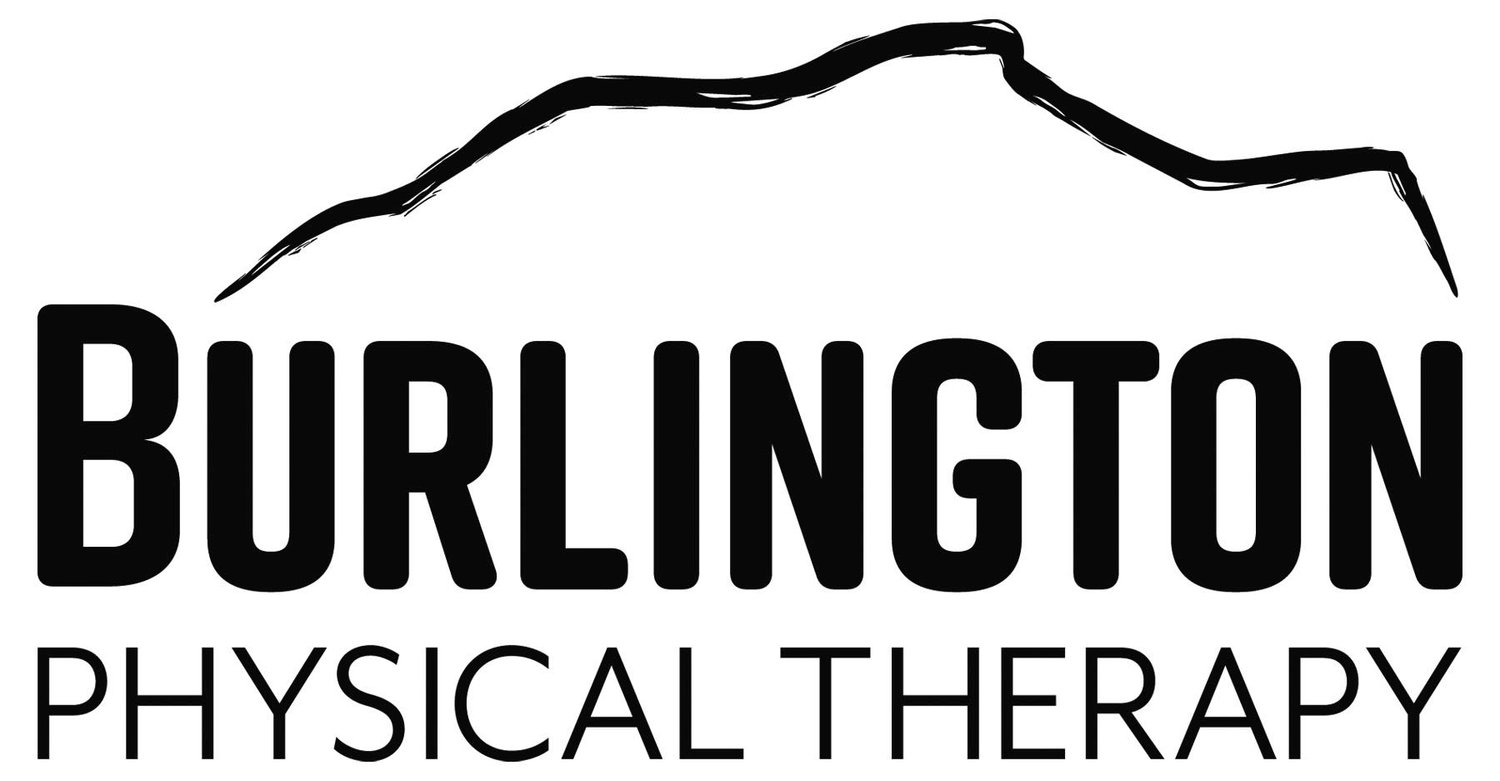Creatine: What is it? Should I use it?
If you’ve been around the fitness world, chances are you’ve heard of creatine. It’s one of the most studied and effective supplements out there—and it’s not just for bodybuilders. At Burlington PT, we’re always looking for evidence-based resources that support recovery, performance, and long-term health. Creatine is proving to be one of those tools.
What is Creatine and How Does it Work?
Creatine is a naturally occurring compound found in our muscles. Its primary role is to help the body produce ATP, the “energy currency” that powers everything from everyday life to lifting weights to sprinting up a hill. By replenishing ATP more quickly, creatine allows muscles to work harder and recover faster. Win!
Benefits of Creatine Supplementation
Research shows that creatine supplementation can benefit a wide range of people—not just competitive athletes:
Strength & Muscle Mass: Paired with resistance training, creatine helps build strength and lean muscle across genders and age groups.
Sports Performance: From cyclists looking for more power to athletes chasing faster sprints and higher jumps, creatine supports explosive performance.
Injury & Rehab: Before and after an injury, creatine may help reduce muscle loss (atrophy) and improve rehab outcomes.
Faster Recovery: Supplementation can shorten the recovery window between intense workouts.
Brain & Concussion Support: Emerging research suggests creatine may help with concussion recovery and provide neuroprotective benefits when taken proactively.
Weight Management: By preserving muscle during calorie restriction, creatine may support sustainable weight loss and prevent obesity-related muscle loss.
Glucose & Immune Health: It may assist with healthy blood sugar regulation and immune system function.
Cognitive Function: Adults supplementing with creatine have shown improvements in memory, attention, and processing speed.
Other Potential Benefits: Early studies suggest roles in mental health, reproductive health, skin health, and even anti-cancer properties.
That is one impressive resumé for a supplement…
Recommended Dosage
The most widely researched form is creatine monohydrate, at a typical dose of 3–5 grams per day. This is safe and effective for most healthy adults.
Common Questions About Creatine
Do you need to “load” creatine?
A “loading phase” (20g/day for 5–7 days) can saturate muscles faster, but it’s not necessary. A steady daily dose of 3–5g will achieve the same effect over a few weeks.What form is best—powder, capsule, or gummy?
Creatine monohydrate powder is the most studied, affordable, and effective option; we sell Ascent monohydrate creatine in the office. Capsules or gummies can work if you prefer convenience, but they’re often more expensive and may require multiple servings to reach an effective dose.When is the best time to take it?
Timing isn’t critical. Many people find it easiest to take creatine with a meal or post-workout shake to aid absorption. Consistency matters more than timing…similar to your home PT exercise program! Consistency beats complexity every time!Are there risks or side effects?
For most healthy adults, creatine is safe when taken at recommended doses. Some people may experience mild water retention or stomach upset if taking large amounts at once, hence why a loading phase might not be the best option for you. Staying hydrated can help.Who should avoid creatine?
People with pre-existing kidney issues or other health concerns should check with their healthcare provider before supplementing.
The Takeaway
Creatine isn’t just for athletes chasing performance PRs—it’s a supplement with broad benefits across performance, recovery, and long-term health. If you’re curious whether creatine is right for you, our team at Burlington PT can connect you with someone to learn more!
REsources
Kreider RB, Stout JR. Creatine in Health and Disease. Nutrients. 2021;13(2):447. Published 2021 Jan 29. doi:10.3390/nu13020447
Xu C, Bi S, Zhang W, Luo L. The effects of creatine supplementation on cognitive function in adults: a systematic review and meta-analysis. Front Nutr. 2024;11:1424972. Published 2024 Jul 12. doi:10.3389/fnut.2024.1424972
Tomcik KA, Camera DM, Bone JL, et al. Effects of Creatine and Carbohydrate Loading on Cycling Time Trial Performance. Med Sci Sports Exerc. 2018;50(1):141-150. doi:10.1249/MSS.0000000000001401
Ramírez-Campillo R, González-Jurado JA, Martínez C, et al. Effects of plyometric training and creatine supplementation on maximal-intensity exercise and endurance in female soccer players. J Sci Med Sport. 2016;19(8):682-687. doi:10.1016/j.jsams.2015.10.005
Wax B, Kerksick CM, Jagim AR, Mayo JJ, Lyons BC, Kreider RB. Creatine for Exercise and Sports Performance, with Recovery Considerations for Healthy Populations. Nutrients. 2021;13(6):1915. Published 2021 Jun 2. doi:10.3390/nu13061915
Conti F, McCue JJ, DiTuro P, Galpin AJ, Wood TR. Mitigating Traumatic Brain Injury: A Narrative Review of Supplementation and Dietary Protocols. Nutrients. 2024;16(15):2430. Published 2024 Jul 26. doi:10.3390/nu16152430
Ainsley Dean PJ, Arikan G, Opitz B, Sterr A. Potential for use of creatine supplementation following mild traumatic brain injury. Concussion. 2017;2(2):CNC34. Published 2017 Mar 21. doi:10.2217/cnc-2016-0016


